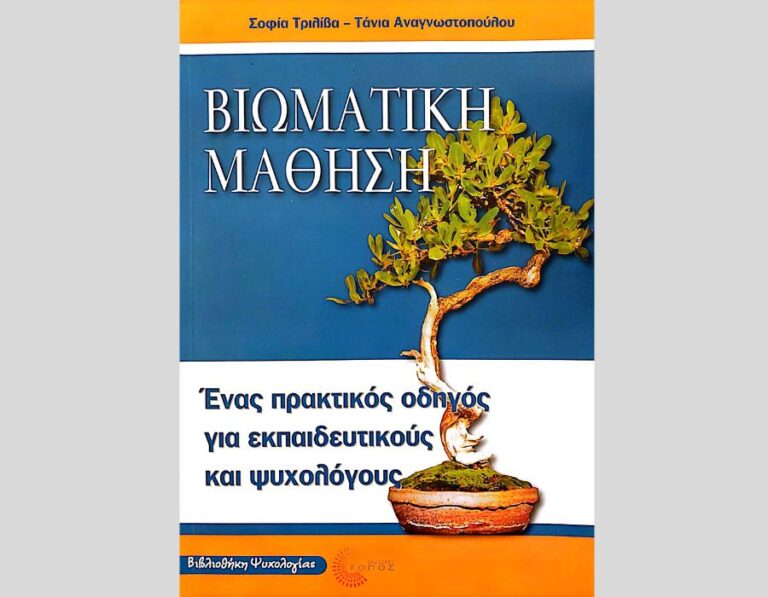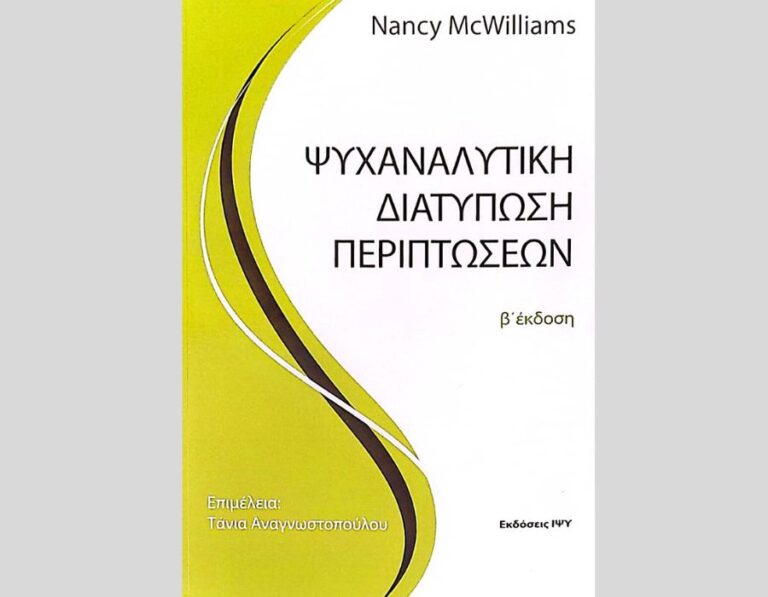This book is essentially a practical guide to implementing experiential learning activities in the social and emotional domains of learning. It is a guide for educators, psychologists, coaches, and other adults to work with children in groups. It illustrates how social and emotional experiences are understood to promote learning. It outlines a method by which students process activities, helping children to become aware and synthesize these experiences. The following five steps comprise the cycle of learning that the book describes in detail:
- Experience the activity. What activities are considered experiential? How do I choose amongst activities? Most likely there will be an element of newness for the learner, or a certain degree of risk of failure. Questions a teacher might ask at this point in the process include “What’s going on?” and “How do you feel about that?”
- Share the results and reactions publicly. Get youth to talk about the experience, sharing their observations, reactions, and feelings. Questions are geared to generating data about the experience and might include, “What did you observe?” or “Were there any surprises or puzzlements?” Students and educators acknowledge the ideas presented and through them each other.
- Process the experience. Here learners analyze and reflect on what happened, making sense of the data they’ve generated. Have them discuss how the activity was carried out, problems or issues the experience presented, how problems were addressed. “What does that mean to you?” “How might it have been different?” or “How was that good or bad?” are questions that encourage investigation.
- Generalize what was learned to other experiences. Identify and document the real life principles that surfaced. Good questions that foster idea expansion include, “What did you learn or relearn?” “Does that remind you of anything?” and “What does that help to explain?” Students and educators make bridges to their community and to broader systems.
- Apply the learning to other situations. Youth discuss how they might apply new insights to other situations, and how it might be useful to real life situations in the future. Questions at this stage direct them to apply the knowledge gained to their lives and might include, “What would you like to do with this information?” or “How could you make it better?” Students and educators become agents of change and transformation.
Implementing this cycle of learning is not easy and the book offers readers clear guidelines for their role as facilitators, aspects of the group process and dynamics that they need to pay attention to, and how to evaluate the outcomes of their efforts. The book is a product of 25-years of experience working in education, working with groups, teaching and learning. We hope that it is informative, useful, and transformative because there is no doubt that children’s experiences are important and it is only through experience that genuine reform can become possible.
- Συγγραφέας: Σοφία Τριλίβα, Τάνια Αναγνωστοπούλου
- Εκδόσεις: Τόπος
- ISBN: 978-960-6863-00-4
- Σελίδες: 166










